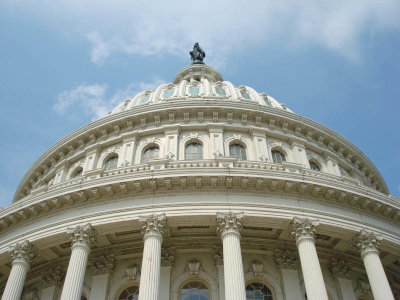
Section 204 of the Congressional Accountability Act (CAA) applies provisions of the Employee Polygraph Protection Act and generally prohibits an employing office from requiring that current and prospective employees take lie detector tests. This prohibition includes requiring or requesting that lie detector tests be taken; using, accepting, or inquiring about the results of a lie detector test; or firing, disciplining, denying employment or promotion, or discriminating against an employee or prospective employee based on the results of a lie detector test or the refusal to take a lie detector test. These prohibitions apply regardless of whether or not the covered employee works in the employing office that conducts the test.
There are some limited exceptions to the prohibition on lie detectors. For example, those who are involved in intelligence or counterintelligence activities and have access to top secret information may still be required to take lie detector tests. The Capitol Police may also require lie detector tests of its own employees or, as part of an ongoing investigation, of other covered employees. There are other specific exceptions to this prohibition regarding theft or access to controlled substances. Even when allowed, lie detector tests are subject to certain restrictions on their administration.
While the general prohibition against lie detector tests includes the use of electrical and mechanical detectors, it does not prohibit the use of oral or written tests. Tests for drugs or alcohol may also be required of current or prospective employees.
For more information, please refer to the Congressional Accountability Act. Please note that this version of the Act has been revised by P.L. 115-397.